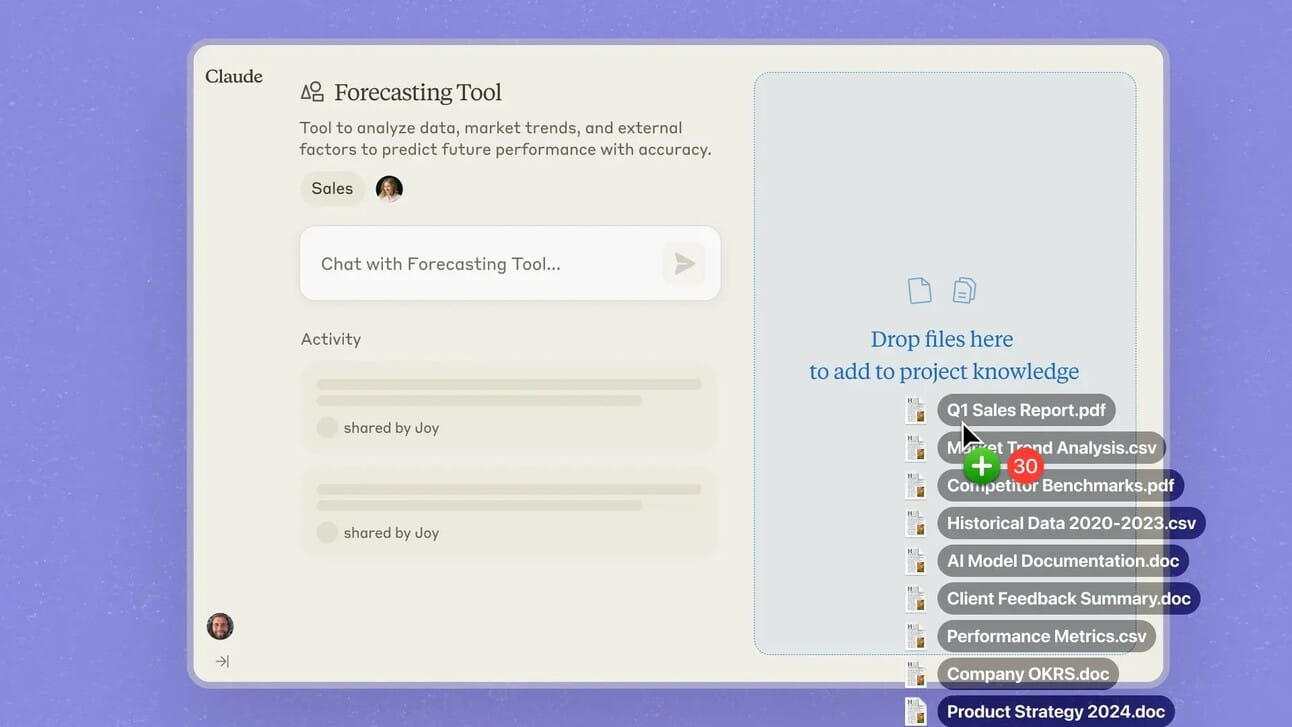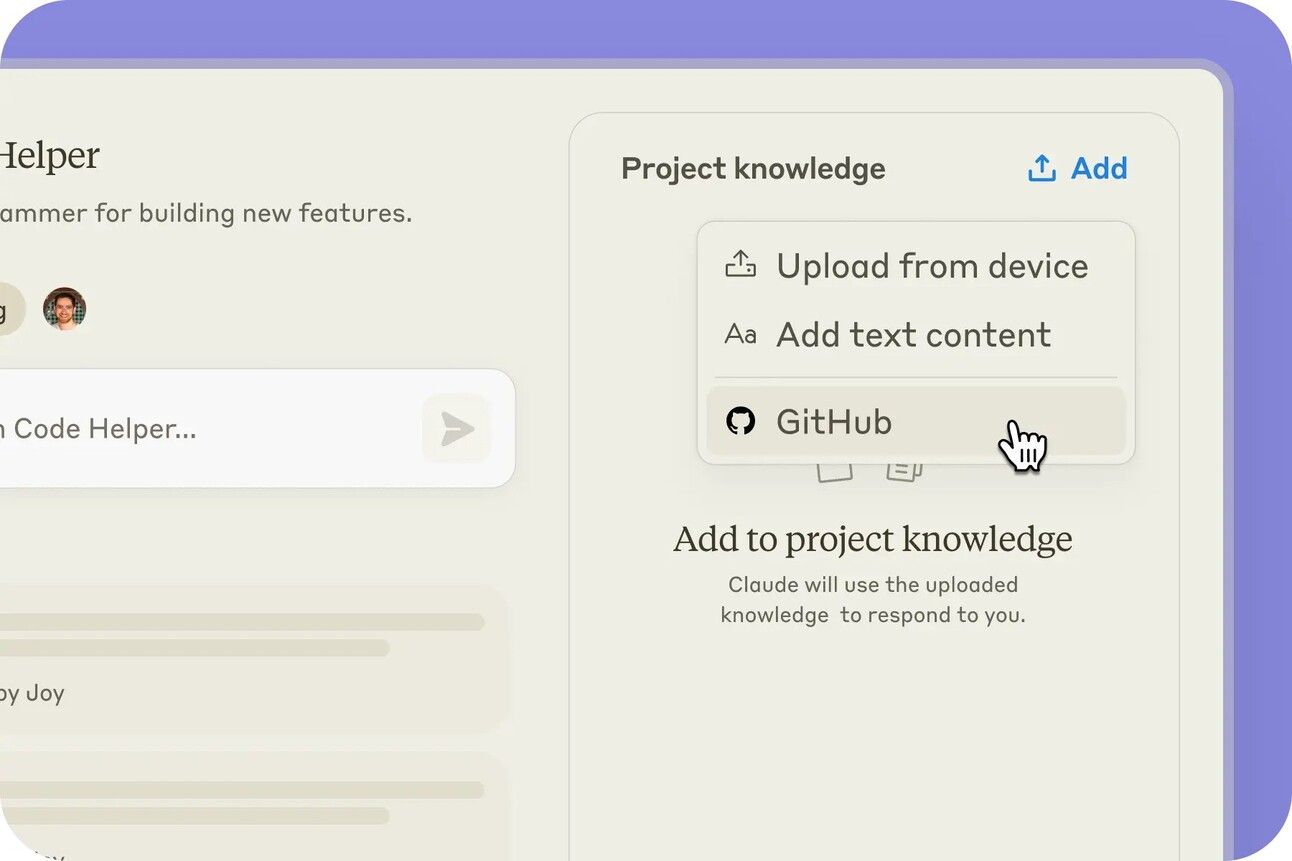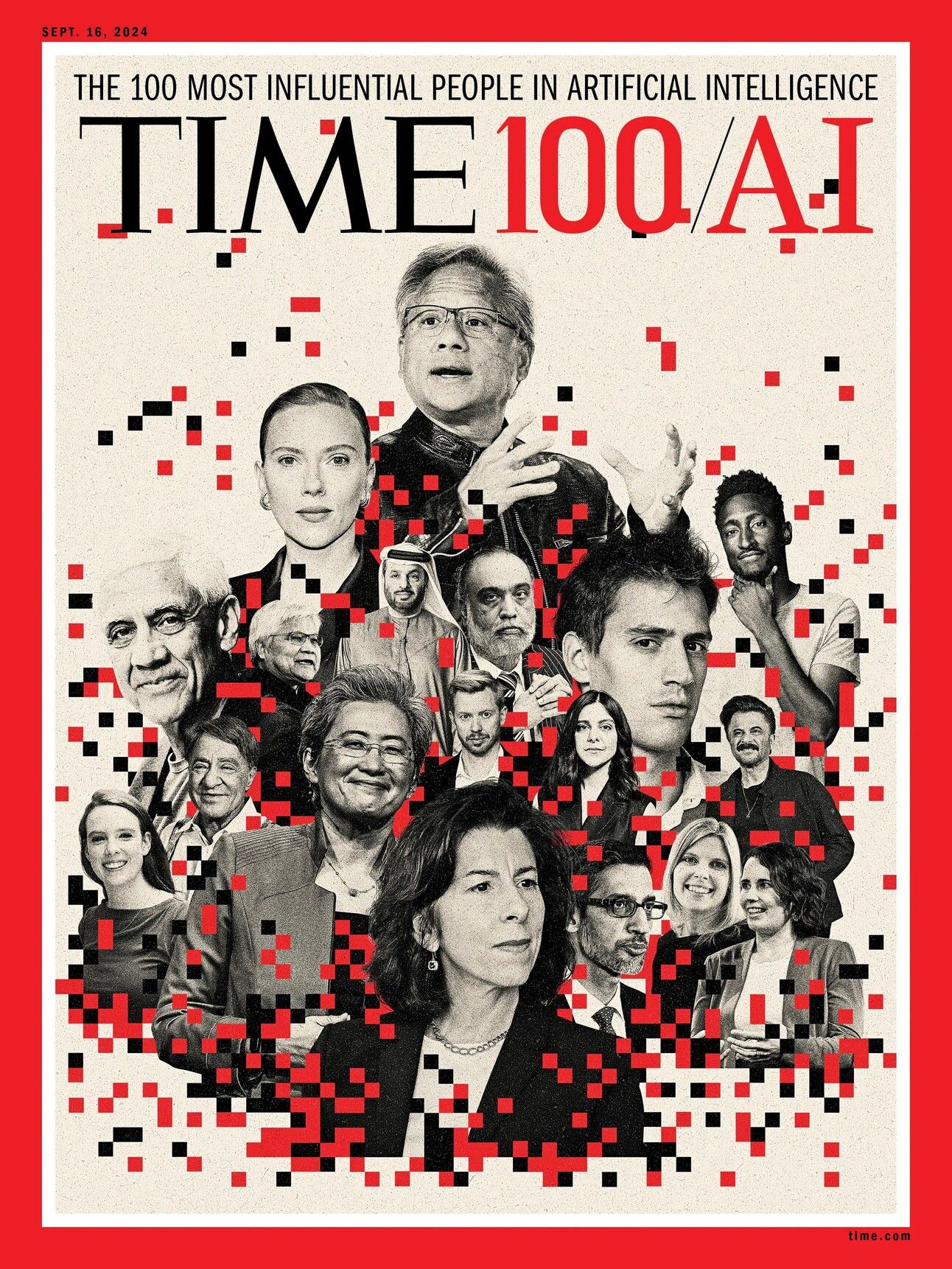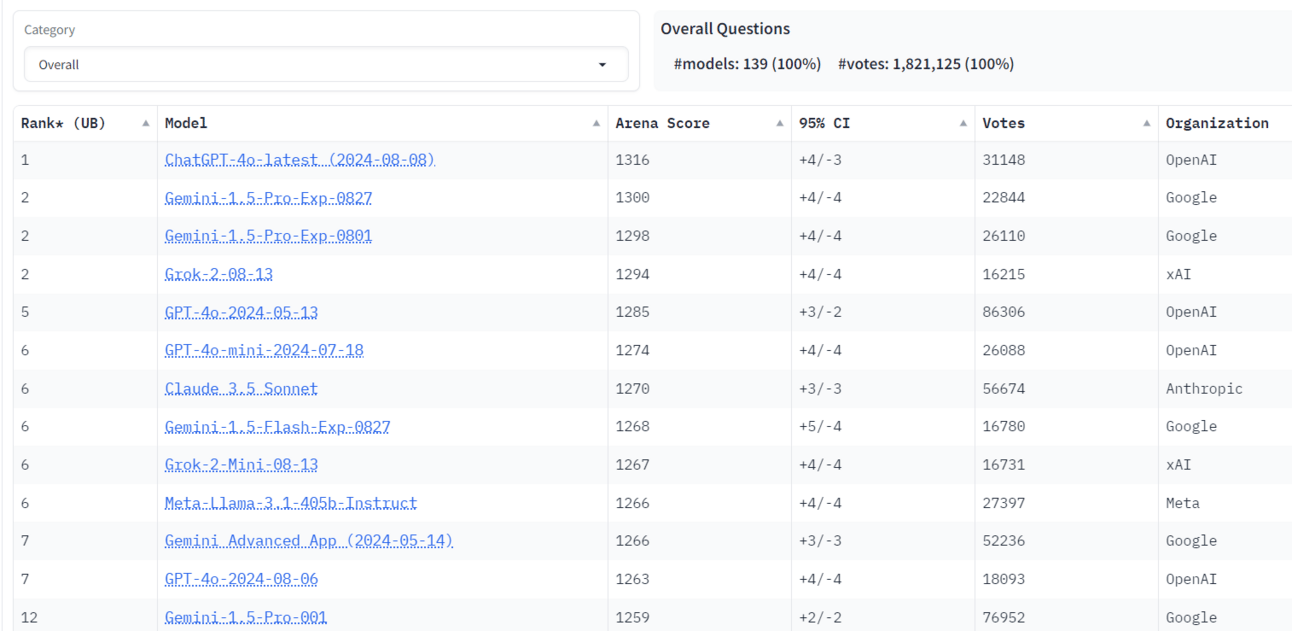- AI Weekly Insights
- Posts
- AI Weekly Insights #45
AI Weekly Insights #45
Enterprise Expansions, Influential Innovators, and Autonomous Agents
Happy Sunday,
It's time to dive into AI Weekly Insights #45, where we explore the latest breakthroughs shaping the world of artificial intelligence! From Anthropic’s enterprise expansion to TIME's AI influencers and a deep dive into the potential of Agentic AI, there’s plenty to explore.
Ready? Let’s dive in!
The Insights
For the Week of 09/01/24 - 09/07/24 (P.S. Click the story’s title for more information 😊):
What’s New: Anthropic has rolled out its new Claude Enterprise plan, tailored to help businesses securely collaborate with Claude using internal data.
Claude Enterprise: With Claude Enterprise, teams can leverage a 500K token context window, allowing them to work with extensive datasets, entire codebases, or long documents without losing context. The native GitHub sync enables developers to work seamlessly with their repositories, optimizing and troubleshooting in real-time. Enterprise users also gain access to robust security measures, ensuring sensitive data is fully protected.
Why It Matters: This is a significant step for Anthropic in making Claude an even more attractive option for enterprise users. The expanded context window is more than just a number; it’s a major leap over offerings like ChatGPT’s smaller context limits. Coupled with GitHub integration, Claude is set to outshine competitors in coding-related tasks, offering more contextually relevant assistance. While Anthropic’s enterprise offering is coming a year later than OpenAI’s, its focus on deep context and security makes it a strong contender for businesses looking for secure, powerful AI collaboration tools.

Image Credits: Anthropic

Image Credits: Anthropic
What's New: TIME has unveiled its 2024 list of the 100 most influential people in AI, featuring a diverse group of individuals from tech giants to creatives and policymakers.
TIME100 AI: The list highlights innovators such as Sundar Pichai of Google and Satya Nadella of Microsoft, who have been instrumental in integrating AI into their companies’ core strategies. Also featured are creative figures like Scarlett Johansson and Anil Kapoor, who are shaping AI’s intersection with media. Policy leaders like Amandeep Singh Gill push for ethical AI development globally.
Why it Matters: The diverse group of individuals on this list are set to make a lasting impact on the future of AI. You could sit and research any of them individually and uncover a wealth of information. From the tech titans to the youngest activists, their work will shape the development of AI into 2025 and beyond. With 91 new list members, it’s clear that AI is rapidly growing and shifting. The influence of these leaders will not only guide AI’s technical evolution, but also its ethical and societal impact.

Image Credits: TIME
What's New: Agentic AI is gaining traction as an advancement in artificial intelligence, defined by an ability to act more autonomously and achieve goals without human input.
Autonomous Problem-Solving: Unlike traditional generative AI, which requires prompts or predefined instructions, agentic AI would break down complex objectives into smaller tasks and execute them in sequence. The ability to learn, plan, and adjust makes it highly adaptable across various sectors, from business operations to cybersecurity. By integrating machine learning and decision-making, agentic AI systems can independently manage intricate workflows and solve problems in dynamic environments, unlocking new levels of efficiency and innovation.
Why It Matters: In a previous Project Showcase, I spoke about “agents” representing the next innovative wave in AI. Being able to execute tasks like "build a website for X" without constant back-and-forth is truly groundbreaking. While this is a simple coding example, the ability to autonomously plan and execute steps can revolutionize multiple industries. Rumors suggest that this may be one of the core strengths of the next version of GPT, setting it apart in terms of intelligence and capability.

What's New: Chatbot Arena, a platform that allows users to compare AI models through paired battles, has become a popular tool for benchmarking large language models. While it’s widely used, some experts argue that its approach might not offer the most reliable insights.
Crowdsourced Battle Arena: Chatbot Arena utilizes an Elo rating system, commonly used in competitive games, to rank LLMs based on user votes during side-by-side comparisons. While this method provides a human-centric evaluation, some critics point out that it might not fully capture the capabilities of AI models across a wide range of real-world applications. The data comes from a diverse set of users, but lacks the granularity of traditional AI benchmarks. As a result, Chatbot Arena may offer a snapshot of performance in casual use cases, but it’s not always the best indicator for high-stakes, enterprise-level applications
Why It Matters: I personally enjoy using Chatbot Arena and checking out the leaderboard, but the article brings up a valid point. While the platform simulates more realistic user-driven scenarios than a lab environment, it doesn’t fully reflect everyday users' needs. Since users are asked to choose which response is "better," votes often come down to subjective preferences, like favoring longer or more concise answers. Despite the inherent variability, models like GPT, Claude, and Gemini consistently dominate the top 5. With Chatbot Arena’s introduction of a Red Teaming arena, focused on finding AI exploits, this platform will undoubtedly remain a key player in real-world AI benchmarks.

Image Credits: LMSYS
Your enthusiasm and curiosity drive our exploration through AI's rapidly evolving landscape. I look forward to your insights, questions, and assistance in spreading our discoveries with the AI community.
Until next Sunday, keep exploring and stay engaged!
Warm regards,
- Kharee